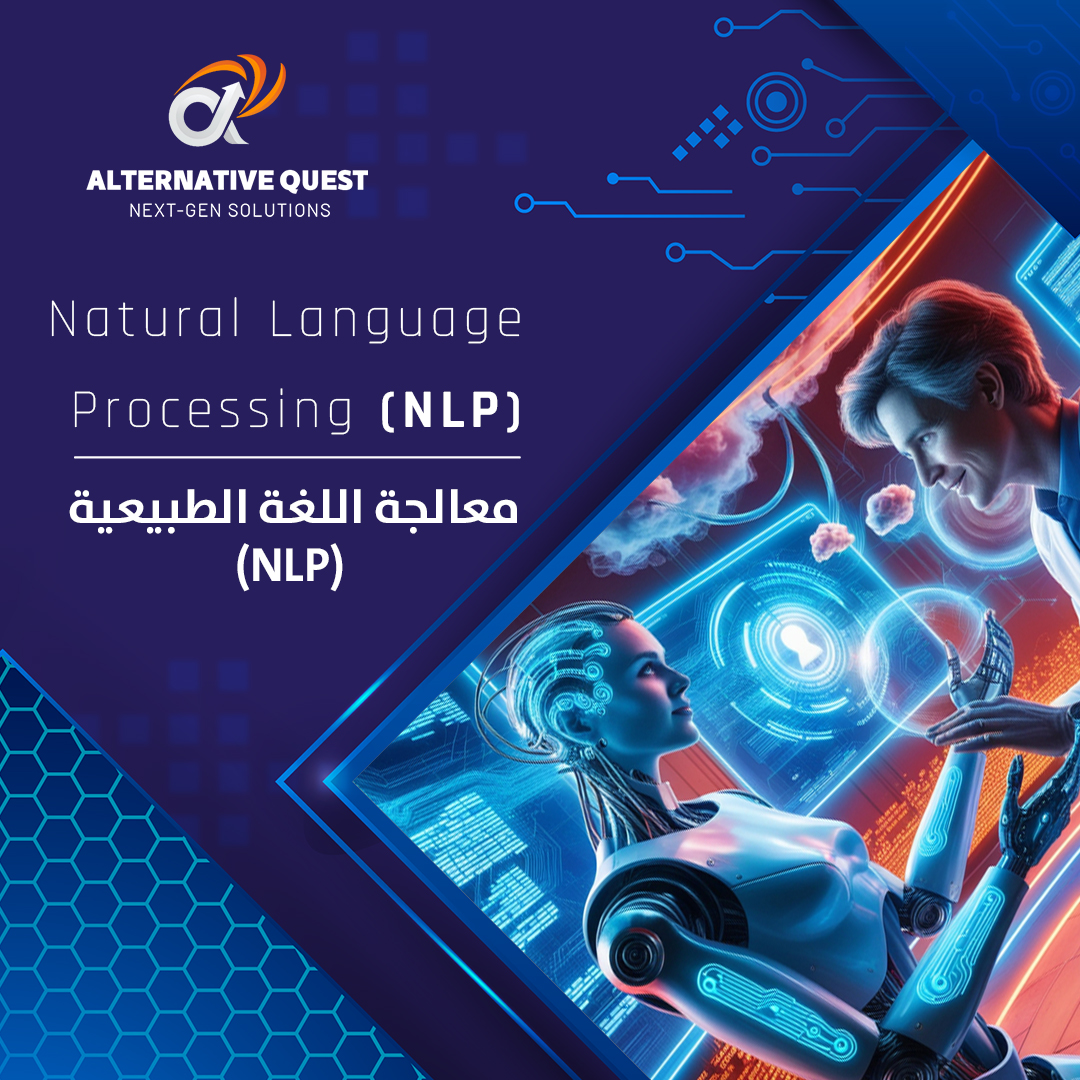- Understanding and Processing Human Language
- Applications of NLP in Our Daily Lives
- Future Challenges for NLP Technologies
- A Forward-Looking Perspective
In our fast-paced contemporary world, Artificial Intelligence (AI) plays a prominent role in transforming how we interact with technology. One of the most significant transformations is through Natural Language Processing (NLP) technologies, which enable machines to understand, analyze, and respond to human language in a manner akin to human interactions.
Natural Language Processing is a branch of AI focused on the interaction between computers and human language. These technologies enable devices to analyze texts and linguistic data in various useful ways, paving the way for a wide range of applications, including machine translation, smart voice assistants, and intelligent customer support systems.
Understanding and Processing Human Language
NLP technologies encompass several key processes, including:
- Text Analysis: Analyzing written or spoken texts to extract meanings.
- Speech Recognition: Converting spoken language into written text that can be analyzed.
- Natural Language Generation: Producing texts written by machines that resemble human writing.
Applications of NLP in Our Daily Lives
- Smart Voice Assistants: Smart voice assistants like Siri and Alexa rely on NLP technologies to understand and execute user commands. Whether it’s setting an alarm, playing music, or searching for information online, these systems make our lives easier and more convenient.
- Machine Translation: Thanks to NLP, translation tools like Google Translate have become more accurate and effective. These tools can translate texts in real-time, facilitating communication between people who speak different languages.
- Intelligent Customer Support Systems: Many companies use NLP technologies to develop chatbots that provide instant customer support. These systems can understand customer queries and provide immediate responses, improving customer experience and saving time and resources for businesses.
Future Challenges for NLP Technologies
Despite significant advancements in this field, ongoing challenges need to be addressed, including:
- Handling Different Dialects: NLP technologies must handle linguistic diversity and various dialects to ensure accurate understanding of texts.
- Correct Interpretation of Context: The ability to understand the overall context of a conversation and accurately analyze deep meanings.
- Ethics and Privacy: Maintaining data privacy and avoiding bias in text and conversation analysis.
A Forward-Looking Perspective
Natural Language Processing technologies are continuously evolving, and with ongoing improvements in AI, we can expect a future where these technologies become even more capable of enhancing our interactions with technology and making our daily lives more efficient and comfortable.
#AI #NLP #Technology #ArtificialIntelligence #FutureTech


